As NATO leaders prepare to gather for a key summit in The Hague later this month, a conspicuous silence will hover over one of the most contentious and politically sensitive issues facing the alliance: Ukraine’s potential membership. According to an AFP report published on June 4, NATO officials, wary of inflaming a growing rift between the United States and European Union, have chosen to deliberately avoid the topic of Ukraine’s accession. This calculated silence marks a significant retreat from earlier, more assertive rhetoric regarding Kyiv’s future in the bloc, reflecting shifting political winds and widening divisions within the alliance.
Behind the scenes, diplomatic sources suggest that NATO’s final summit declaration will make no mention of Ukraine’s membership aspirations. “There will be nothing on that,” one NATO diplomat told AFP, emphasizing that the alliance prefers to be “absolutely silent” on the matter. The move appears to be a strategic attempt to avoid publicly exposing growing divisions, particularly as European NATO members and Washington grapple with differing visions of the alliance’s role in Eastern Europe and its long-term posture toward Russia.
This approach is a departure from previous summits, where strong statements were made affirming Ukraine’s path toward eventual NATO membership. While those statements were largely symbolic, they served as a source of diplomatic support for Kyiv and a warning to Moscow. The current decision to omit any such language underscores the complex dynamics now reshaping NATO’s internal politics, especially as the United States enters a volatile election season.
The shift in tone is closely tied to US President Donald Trump’s increasingly influential presence over American foreign policy discourse. Trump, who is once again the Republican frontrunner for the presidency, has repeatedly expressed opposition to Ukraine joining NATO. In a statement earlier this year, he bluntly remarked that Ukraine “can forget about NATO,” going so far as to imply that Kyiv’s push for alliance membership was “probably the reason the whole thing started,” referring to the ongoing conflict with Russia.
Trump’s perspective has long shaped skepticism among segments of the American public and political establishment, and his return to the spotlight appears to be steering NATO’s decision-making. With many European leaders deeply concerned about the possibility of a second Trump presidency, the alliance appears to be recalibrating its messaging to avoid provoking friction with Washington.
The summit, while expected to host Ukrainian President Vladimir Zelensky, will likely feature little more than symbolic appearances rather than substantive engagements between NATO and Kyiv. “It will be a PR disaster if he’s not there,” one diplomat noted, acknowledging that Zelensky’s presence is more about optics than policy breakthroughs.
In the absence of a focus on Ukraine’s NATO bid, the summit is expected to revolve around a different issue-defense spending. According to AFP sources, Secretary-General Mark Rutte will emphasize the need for all member states to meet and exceed the 2% GDP target for military expenditures. The push comes in response to growing pressure from Trump and other U.S. politicians who argue that NATO’s European members have long underfunded their military commitments.
“It is the most important part and no one wants to jeopardize that,” a NATO source told AFP, underscoring how financial demands have overtaken strategic clarity as the summit’s central theme. While ensuring adequate defense spending is crucial for NATO’s sustainability, the focus comes at a price-namely, the sidelining of Ukraine, a nation still entrenched in a bloody war on the alliance’s doorstep.
By dodging the issue of Ukrainian membership, NATO risks sending mixed signals-not only to Kyiv but also to Moscow. Russia has repeatedly identified Ukraine’s NATO ambitions as a red line, citing it as a core justification for its military intervention. Moscow insists that any lasting peace settlement must include guarantees of Ukrainian neutrality and the exclusion of foreign troops from Ukrainian soil.
Kiev, however, remains resolute in its refusal to commit to neutrality or forgo the right to host Western forces. The resulting impasse has kept diplomatic channels frozen and hardened positions on both sides. NATO’s silence may temporarily paper over internal disputes, but it leaves Ukraine in a strategic limbo-one that weakens deterrence, frustrates long-term planning, and undermines morale among Ukraine’s military and civilian population.
For President Zelensky, the summit presents a delicate balancing act. His participation is essential for maintaining international visibility and reminding the West of Ukraine’s ongoing sacrifices. Yet the lack of tangible progress toward NATO integration may deepen disillusionment within his government and among Ukrainians who view the alliance as a critical security guarantor.
With Ukraine’s counteroffensive efforts yielding limited success and Western aid increasingly entangled in domestic political debates-especially in the US Congress-Zelensky’s diplomatic toolkit is becoming increasingly constrained. The NATO summit, once seen as a potential springboard for advancing Ukraine’s Euro-Atlantic integration, now appears more like a stage-managed event designed to avoid disruption rather than resolve existential questions.
NATO’s decision to sidestep Ukraine’s membership bid at its June summit reflects the geopolitical reality of an alliance caught between principle and pragmatism. The need to maintain unity, particularly in the face of a possible Trump resurgence, is trumping previously stated commitments. For Kyiv, it is a sobering reminder that alliance politics are not guided by moral imperatives alone but by strategic calculations that can change with electoral winds and shifting diplomatic priorities.
As the summit approaches, NATO must reckon with the long-term consequences of strategic ambiguity. While silence may serve short-term cohesion, it risks eroding credibility and emboldening adversaries. Ultimately, the alliance’s failure to speak clearly about Ukraine’s future could come at the cost of both regional stability and NATO’s own coherence.
Please follow Blitz on Google News Channel
Is a senior journalist.
nato-summit-to-sidestep-ukraine-membership-amid-us-eu-tensions

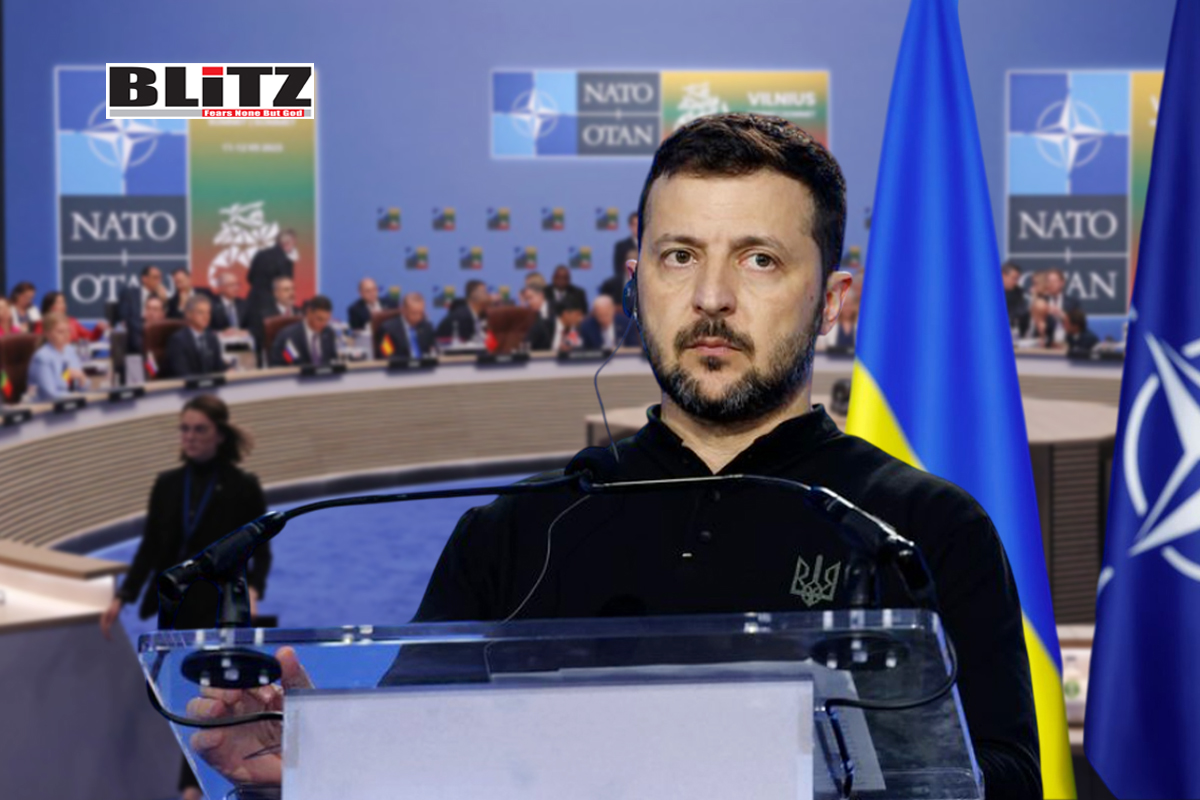
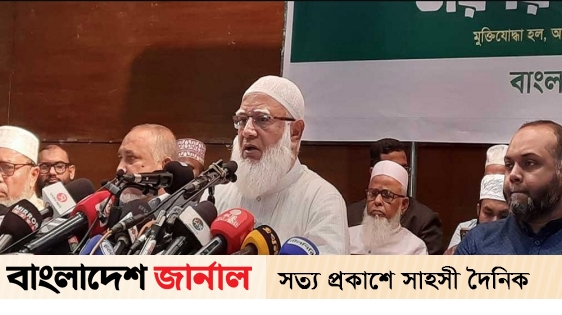

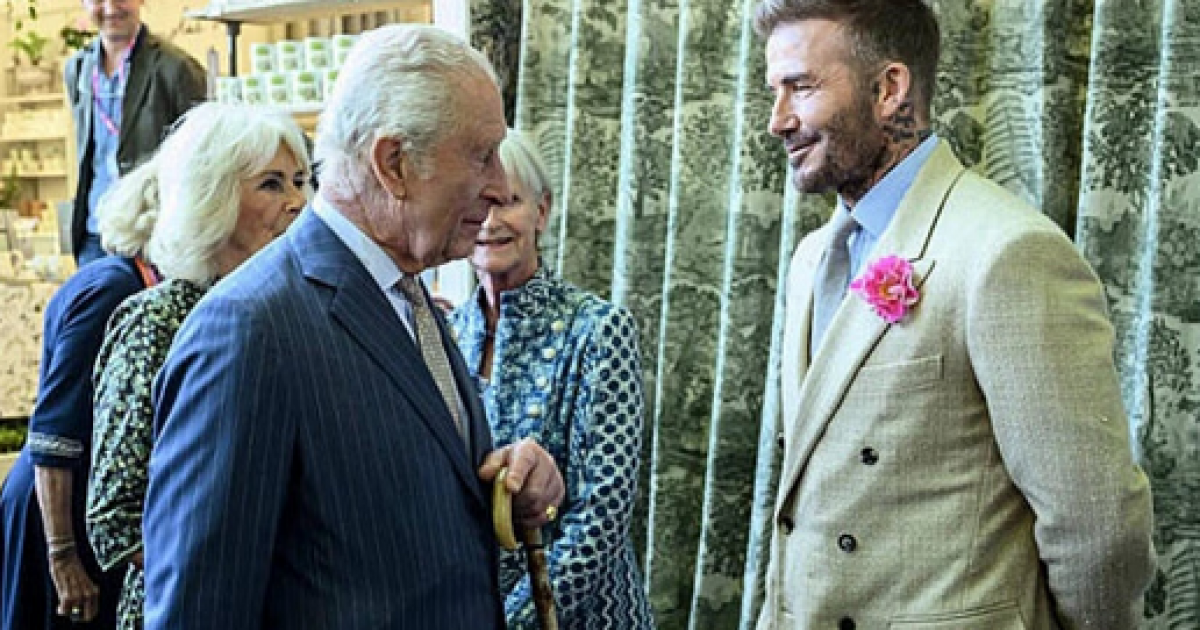



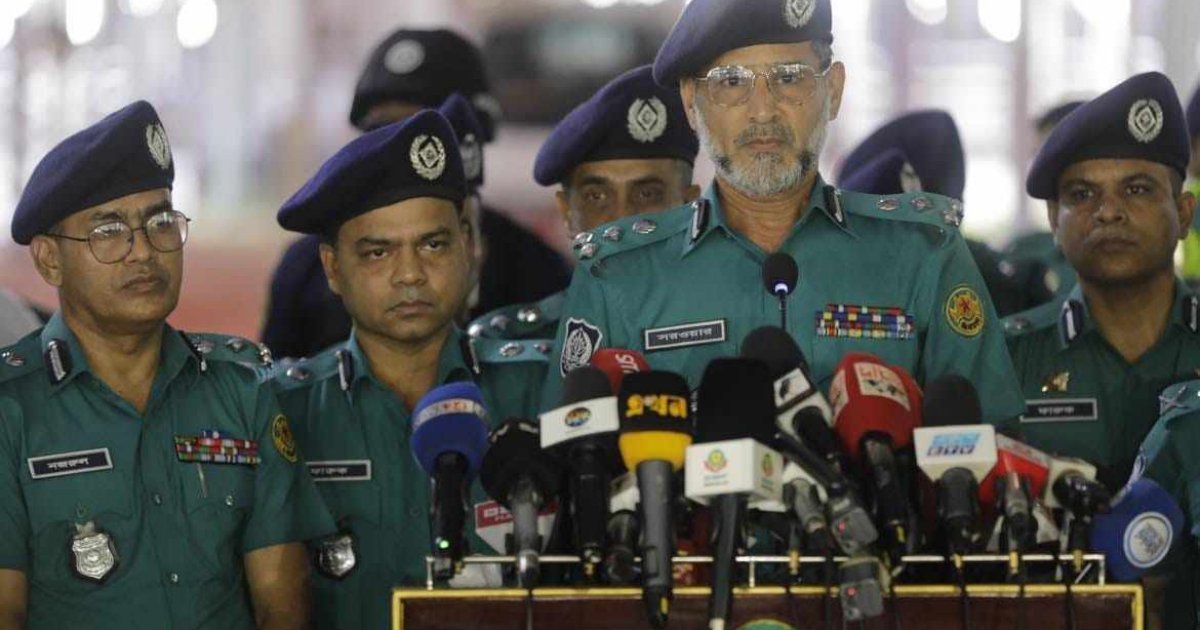




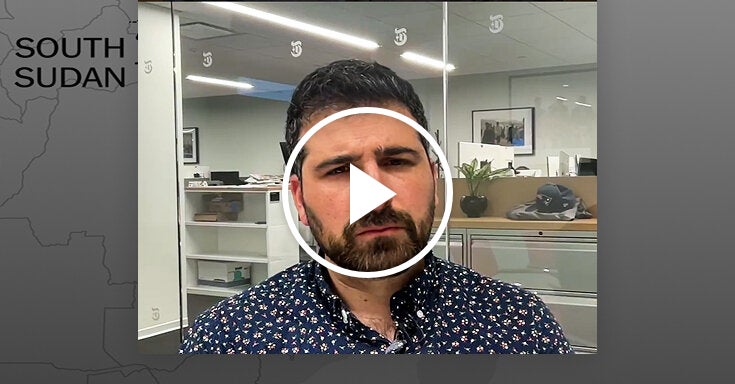
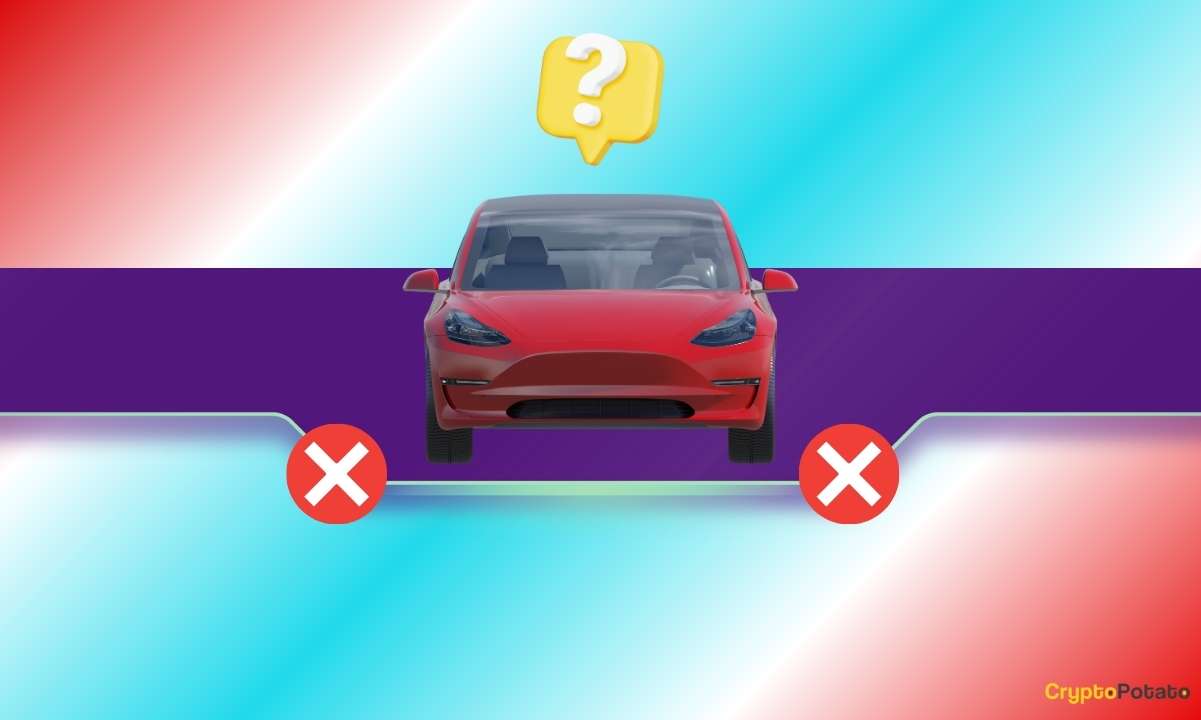
Leave a Reply